Lebanon: How the ICRC helps weapon-wounded people
Weapon wounds are some of the most complex injuries to treat and operate, particularly in Lebanon, where millions have fled because of violence in neighbouring countries and where internal disputes …
Weapon wounds are some of the most complex injuries to treat and operate, particularly in Lebanon, where millions have fled because of violence in neighbouring countries and where internal disputes …
Since the conflict in Nepal ended nine years ago, the ICRC delegation in Kathmandu has been supporting the families of those who disappeared. As many as 1,343 people are still missing in the country …
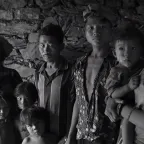
A summary of activities carried out by the ICRC in Afghanistan during the first six months of 2015. Visiting detainees and maintaining family contact The ICRC visits detainees in Afghanistan, …
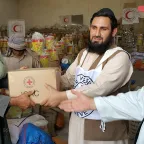
Set up 25 years ago by the ICRC in collaboration with the Ministry of Social Affairs, MoSVY Orthopaedic Component Factory produces around 18,000 components and 10,000 crutches every year – benefiting …
First Review Conference of the Convention on Cluster Munitions Dubrovnik, Croatia, 7-11 September 2015. Address by Christine Beerli, vice-president of the ICRC. We must urge the remaining signatory …
One month after cyclone Komen and heavy seasonal rains caused floods and landslides in Myanmar, recovery work has started. The ICRC and Myanmar Red Cross Society (MRCS) are distributing food and …
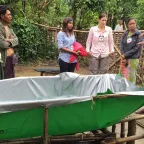
Ilovaysk suffered heavy fighting in August and September 2014. Many people died, and civilians spent long periods cowering in bomb shelters and basements. The fighting may have stopped, but the …
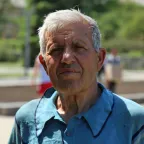
How would you face an earthquake, a viral outbreak or a violent event? Voices to Action, a new initiative from the International Red Cross and Red Crescent Movement, aims to bring attention to the …

A meeting on water and infrastructure issues in Cambodian prisons, jointly run by the ICRC and the General Department of Prisons, brought together representatives from the General Department of …
The ICRC is currently airdropping and distributing food rations in Toch, South Sudan, a remote area in Jonglei state – accessible only by boat or aircraft – where 1,500 of the 3,500 families …
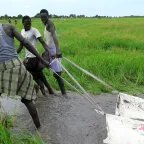
Try one of the following resources:
Created in 1863, the ICRC library, alongside the ICRC archives, provides an indispensable documentary reference on the organization itself and international humanitarian law.
International humanitarian law is based on a number of treaties, in particular the Geneva Conventions of 1949 and their Additional Protocols, and a series of other instruments.
Customary international humanitarian law consists of rules that come from "a general practice accepted as law" and that exist independent of treaty law.